Health is the priority | healthy on trips
- Admin |
- Feb 08, 2024
Tips to maintain healthy diet while being on a trip or during holidays...
Read more
The recent passing of two well-known celebrities in their early 50s has drawn attention to strokes.

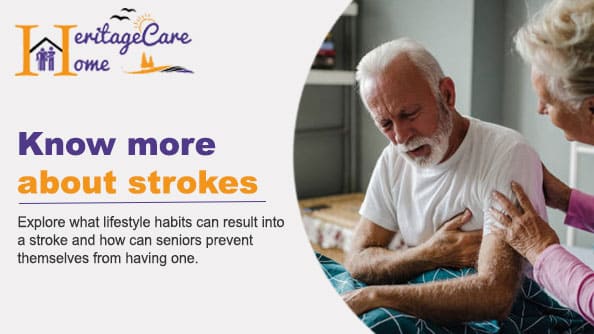
The recent passing of two well-known celebrities in their early 50s has drawn attention to strokes. While many people believe that strokes exclusively affect older people, facts show that this is untrue. People 45 years of age and younger account for up to 10% of stroke cases in the US.
Stroke is the sixth most common cause of death in the United States, according to the Centers for Disease Control and Prevention. In actuality, 795,000 individuals have a stroke annually. This translates to one stroke occurring in this nation every 45 seconds.
These figures demonstrate the significance of knowing the facts about stroke and being alert to the warning indications when someone is experiencing them for adult children and family caregivers.
A blockage or rupture of a blood vessel in the brain causes a stroke. When the brain can't obtain enough oxygen, some of it starts to die. A stroke can swiftly render a person disabled.
The most prevalent risk factors include diabetes, smoking, high blood pressure, and being overweight. You may also be at increased risk if strokes run in your family.
According to the American Heart Association, there are three main kinds of strokes:
Although every stroke is different, paralysis, numbness, or weakness on one side of the body are the most typical long-term effects. Strokes can also result in visual loss, incontinence, difficulty eating, and speech impairments.
Stroke sufferers frequently experience depression as well.
The following are the most typical warning signs and symptoms of a stroke:
The quicker someone suffering from a stroke seeks medical attention, the greater their chances of making a full recovery. Note the timing of the first symptom if you believe someone nearby is having a stroke, and then dial 9-1-1 immediately.
The key is early intervention, although medication and surgery are two popular emergency therapies that reduce brain damage. The goal of long-term stroke rehabilitation is to maximize function and strength recovery through therapy.
Our Rehab to the Home program may be the answer if an elderly person in your life needs the assistance of a rehabilitation facility to recuperate from a stroke.
The quicker someone suffering from a stroke seeks medical attention, the greater their chances of making a full recovery. Note the timing of the first symptom if you believe someone nearby is having a stroke, and then dial 9-1-1 immediately.
The key is early intervention, although medication and surgery are two popular emergency therapies that reduce brain damage. The goal of long-term stroke rehabilitation is to maximize function and strength recovery through therapy.
Our Rehab to the Home program may be the answer if an elderly person in your life needs the assistance of a rehabilitation facility to recuperate from a stroke. Contact Heritage Care Home Senior Living at 855-593-8766 to find out more about our patient-centered care.
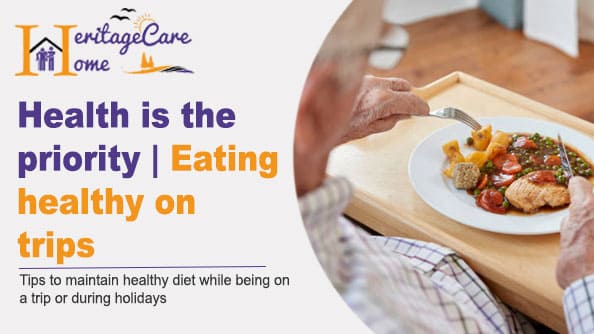
Tips to maintain healthy diet while being on a trip or during holidays...
Read more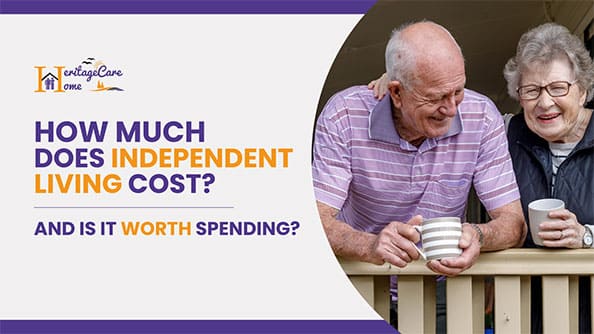
The majority of Americans eagerly look forward to retirement. Many people have distinct memories of traveling, exploring the nation...
Read more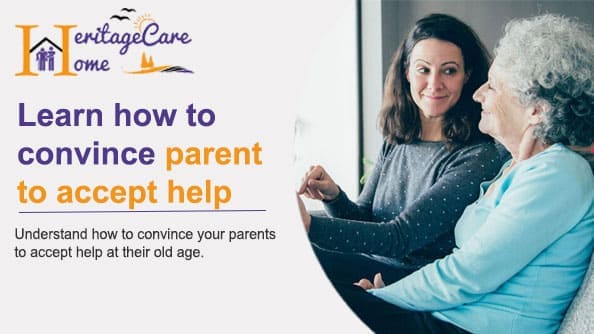
Understand how to convince your parents to accept help at their old age...
Read more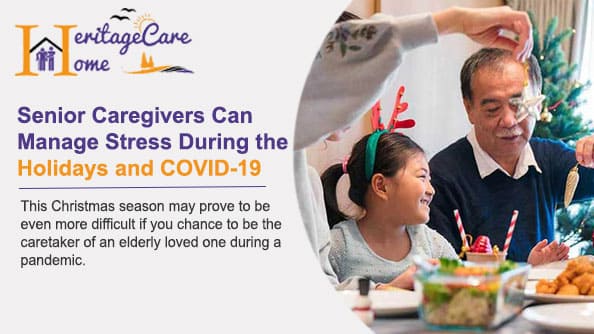
Explore the tips for managing stress at senior lving community...
Read more
Seniors are using the internet to order anything from groceries to post office stamps as long as the COVID-19 crisis concerns remain present...
Read moreFEEL THE PLEASURE OF BEING CAREFREE